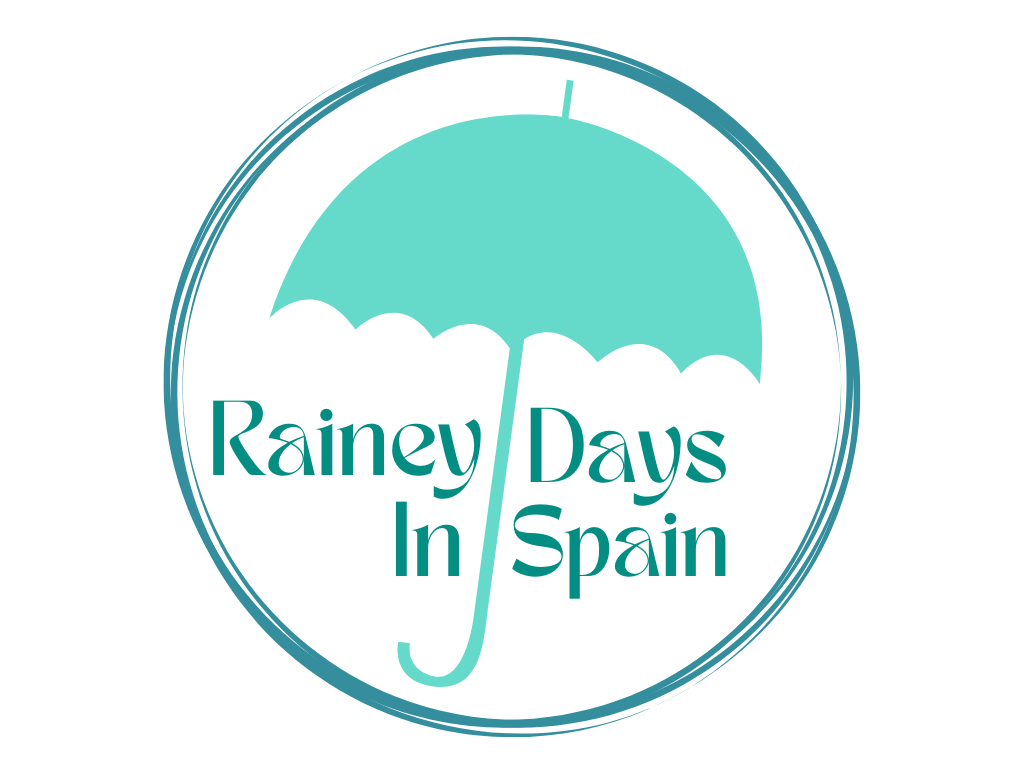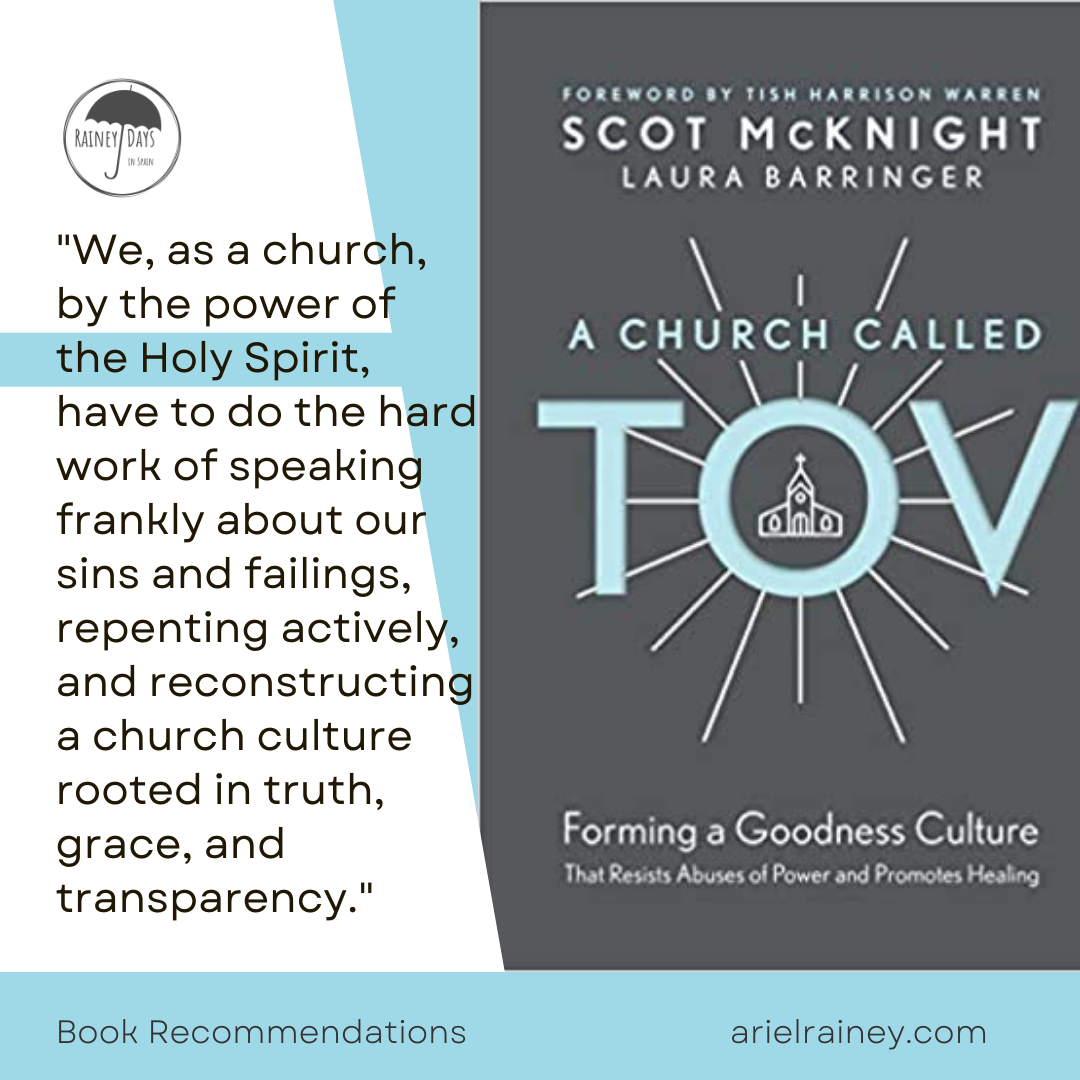Book Recommendations: A Church Called TOV
Last year it seemed like everyone I knew was reading this book, and it finally came to the Hoopla library system. I began reading it over the Christmas holidays and finished it this week. I was not aware of the subject matter of this book prior to reading it. It's likely I would have rejected it, had I known that a good portion of the book is about how evangelical churches have poorly handled sexual scandals. I say that because I'd recently handled a similar situation in ministry, and it was way too fresh for me to read this book easily. I had to read a little and let it go for a week or so. Those experiences are so emotional and raw and combined with the ugly and ungodly way that churches HIDE these events, just make for terrible reading. The abuse of power is far too often hidden in unhealthy churches.
The first half of the book referenced the Willow Creek scandals heavily and was released prior to the full extent of the Ravi Zacharias scandal, or surely that would’ve been included, too. The horrors that various pastors and churches have enacted upon women, in particular, is an outright sin.
The second half is more prescriptive, focusing on how to develop a church which is “tov” or the Hebrew word for “good,” as in “And God saw that it was good” (Genesis 1). Using a seven-step formula of what makes a healthy church, we gain a Church that doesn't promote toxic abuse of power which foments these scandals. Intentional focus on the qualities of a culture of “goodness” means cultivating compassion and grace, focusing on people, transparency, serving others, and Christlikeness. A tov church thrives on truth; it rejects toxicity and power-hungry leadership. It believes and honors women, rather than marginalizing them, first for being objects of temptation, and second, objects of scorn if they complain of inappropriate treatment.
As much as we NEED books that expose the truth and prescribe solutions, this book fell a little short for me. As I mentioned, the book heavily focuses on the Willow Creek scandal. He mentions others, but they're not nearly as well researched. Sadly, it dates the book, because it fails to include more recent scandals, with perhaps more egregious examples of the toxic evangelical culture. By splitting the book in half, it splits the purpose of the book. Is it a narrative of a church gone terribly wrong or is it a book on prevention? It tries to be both. Using the scandals as a platform to launch an apologetic on church reform isn’t a bad idea, but it’s too much to just be an example and not enough to truly have presented it in full scope. However, make no mistake; there are enough examples that the premise of the book applies: we MUST change this unhealthy culture that does not honor God.
There could be a temptation for pastors to believe, “Well, that wouldn’t happen in my church.” As a single female lead pastor, I could make that argument, too. But the systemic root of sexual scandal lies in a pastor who has too much authority and no accountability. It hides in church boards or support staff who won’t question the personal habits of a pastor when they appear to be unhealthy. It dwells in decisions to “spin” what’s happening to protect the image of the church rather than the image of God in human beings who have been damaged BY the church. It grows in dark places where leaders refuse to bring things into the light. There are many factors in toxic churches, which can be augmented by men AND women failing to lead responsibly.
On a personal note, the last chapter was particularly powerful, as the author describes the corruption of the church and the pastoral role into the idolatry of "leadership" over an "organization" that measures success by business terms and not spiritual ones. I had a similar conversation years ago with my brother, expressing concerns about popular pastors who use their platform to promote their leadership books, podcasts, and seminars. It feeds the idol of self and is NOT BIBLICAL for someone who has an apostolic gift of shepherding. Those are two VERY different roles. I'm still working through my own understanding of this, but I'm glad I read this book to add to my knowledge and insight.

